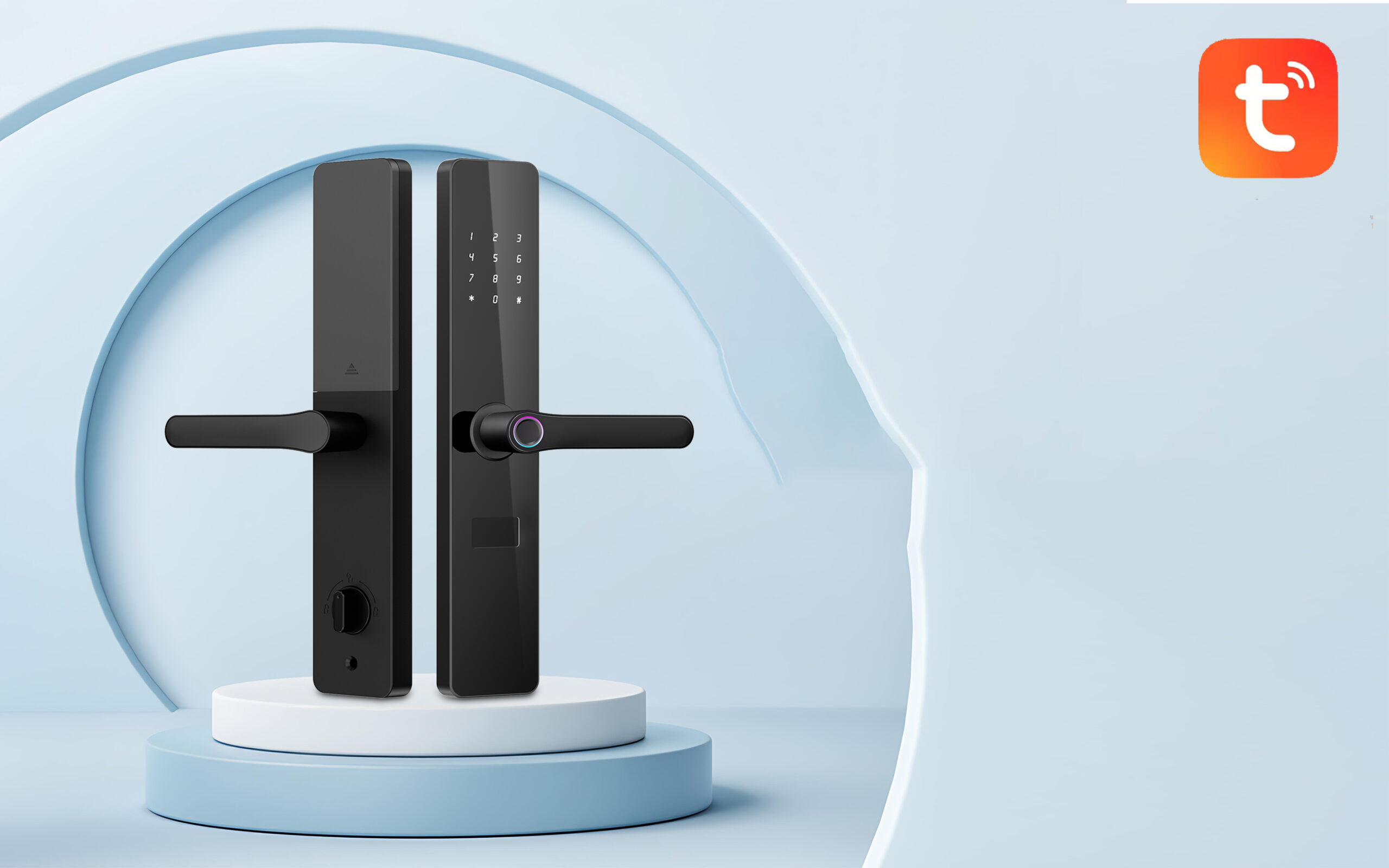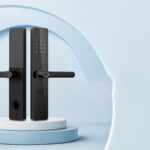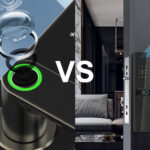您的购物车目前是空的!
Are Smart Locks Hack-Proof? Debunking 5 Common Security Myths

Smart locks have revolutionized home security by offering convenience and modern features like remote access and integration with smart home systems. However, as their popularity grows, so do misconceptions about their invulnerability to hacking. Let’s debunk five common myths to separate fact from fiction.
Myth 1: “Smart Locks Are 100% Hack-Proof”
No technology is completely immune to hacking—smart locks included. While many models use advanced encryption (like AES-128) to secure communication between devices, vulnerabilities can still exist. For example, flaws in Bluetooth pairing protocols or Wi-Fi connectivity have been exploited in older models. However, reputable brands regularly release firmware updates to patch weaknesses. The key is to choose locks from trusted manufacturers and keep software updated.
Myth 2: “Physical Attacks Aren’t a Concern”
Some assume hackers only target digital components, but physical tampering remains a risk. Cheaply made smart locks may lack robust anti-picking or anti-bumping mechanisms, making them easier to breach than high-quality traditional deadbolts. Always opt for products tested against physical intrusion (look for ANSI/BHMA certification) and pair them with reinforced strike plates for added security.
Myth 3: “Wi-Fi/Bluetooth Connectivity Is Inherently Secure”
Wireless connectivity is a double-edged sword. While convenient, it creates potential entry points for hackers. Public Wi-Fi networks, weak passwords, or unencrypted Bluetooth signals can expose your lock to eavesdropping or brute-force attacks. Mitigate risks by using strong, unique passwords, enabling two-factor authentication (if available), and avoiding public networks for lock management.
Myth 4: “Manufacturers Don’t Care About Security Updates”
Critics argue that once a smart lock is sold, companies abandon security support. While this may apply to obscure brands, leading manufacturers like Yale, August, Schlage, LaDing prioritize long-term security. They release patches for vulnerabilities and often notify users of updates. Always enable automatic updates or check for firmware upgrades periodically.
Myth 5: “Traditional Locks Are Always Safer”
This outdated belief ignores the flaws of conventional locks. Picking, bumping, or lost keys pose significant risks. Smart locks eliminate key management issues and offer features like temporary access codes or activity logs. A well-designed smart lock with layered security (encryption + physical durability) can outperform many traditional options.
Conclusion
Smart locks aren’t inherently “hack-proof,” but dismissing them as insecure oversimplifies the issue. Risks exist but can be minimized through informed choices: select certified, reputable brands, update software regularly, and combine digital security with physical hardening. By understanding the realities, homeowners can enjoy the convenience of smart locks without compromising safety.
Remember, security is a process—not a product. Stay vigilant, stay updated, and always layer your defenses.
Share:
Sign up to our newsletter
Receive our latest updates about our products & promotions



 Subscribe
Subscribe







